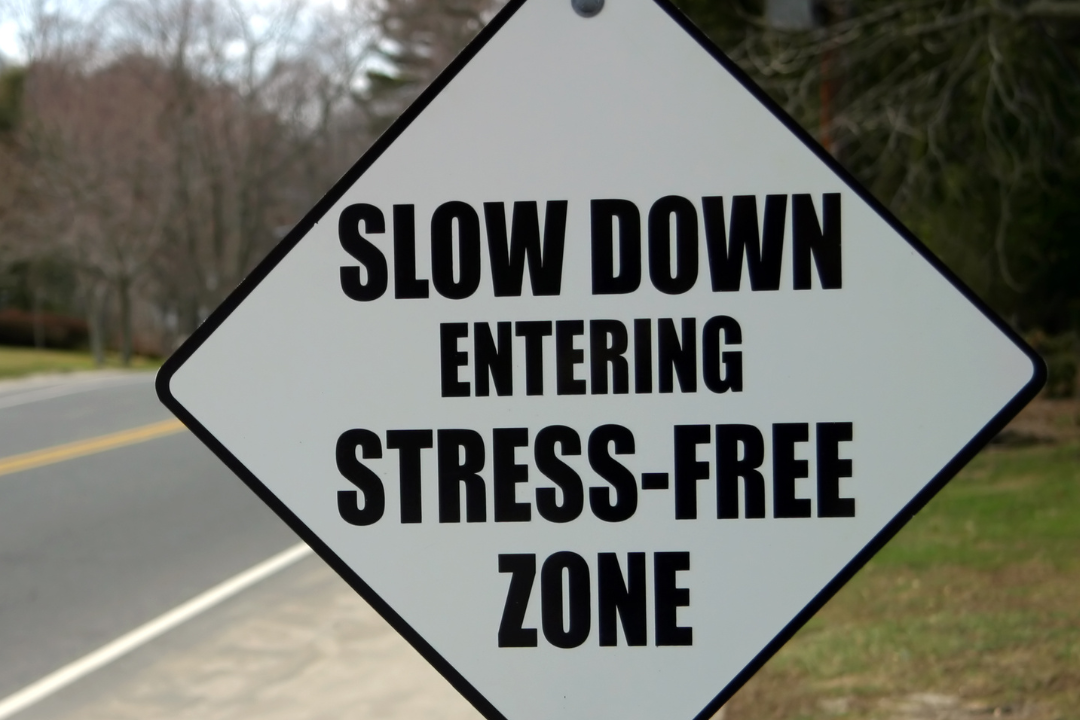Share This Story, Choose Your Platform!
Stress: Understanding It & Living a Better Life Away From It
At some point in our lives we have heard other individuals say that they are experiencing “stress” or might be “stressed”. Sometimes, we happen to be that individual. But, do we really know what stress is?
This article is written so that the reader can gain more valid insight as to what stress really is and how to overcome and manage it in their daily lives.
The World Health Organization defines stress as a state of worry or mental tension caused by a difficult situation. At some point in our lives we will all experience a variety of situations that will cause stress, and how we respond to these situations dictates our well – being from the situation at hand.
Types of Stress
- Acute Stress > this is a type of stress that is short lived. This stress type helps one anticipate how to manage dangerous situations. However it also occurs to individuals when they engage in something new or exciting to them. An example would be; starting a new job, losing essential items like a wallet or phone or being faced with a work deadline, to name a few.
- Chronic Stress > this type of stress lasts for a longer period. The longevity may be for weeks or months where an individual might feel pressure or overwhelming feelings. An example would be; an individual that is experiencing financial problems or difficulty in meeting basic needs to name a few.
What Happens to Your Body When You Are Stressed?
The body is only equipped to handle stress in small amounts. Hence it is important that we lead a healthy lifestyle that can possible be stress-free. When it comes to the body muscles, when experiencing a stressful event, the muscles tense up, to try and guard the body from any injuries or pain. When the muscles tighten up for a long period due to this event, other bodily reactions such as tension type headaches are triggered. One way to manage this is to employ relaxation techniques to reduce the muscle tension you may be feeling.
The system responsible for our breathing when stressed, one may experience shortness of breath or rapid breathing. This happens because the airway between the nose and the lungs constrict. Employing breathing techniques goes a long way.
The cardiovascular system on the other hand evokes that “flight or fight” response. This process happens when the blood vessels that direct blood to the larger muscles in the body and the heart dilate; thereby increasing the blood pumped causing elevated body pressure. At this point the decision decides there and there if they are going to flee from the stressful event presented or they will stay in it and fight it till the body returns to its normal state. Chronic stress can cause an elevated body pressure for a long period which will increase the risk of experiencing life threatening facts such as hypertension, heart attack or stroke. Persistent stress can contribute to inflammation in the circulatory system, particularly in the coronary arteries, which is a pathway we can link stress with heart attacks.
The gastrointestinal system when stressed is influenced with changes in the gut bacteria which affect our mood. This is why we find that we may tend to eat more or less when are enduring a stressful event. In turn our stomach may experience pain, bloating or nausea. Vomiting occurs when the stress levels are severe.
The reproductive system also responds to stress in its own unique way. Men may experience a low testosterone level, which can cause low libido or erectile dysfunction. Their reproduction capabilities are also affected the quality of sperm which is compromised. This may lead to diseases in the reproductive system. Women on the other hand may experience changes in their menstruation cycles. Their sexual desire is also affected specially when they have to deal with other stress causing issues such as work related matters, being primary caregivers to their children to name a few. Women may also find it hard to conceive. Excess stress may increase the probability of depression and anxiety developing during this time; with maternal stress also negatively impacting the foetal and ongoing childhood development. Women are also at risk of diseases in the reproductive system.
How to Manage Stress
- Physical Activity – physical activity releases endorphins, a brain chemical that works like a natural painkiller and helps one feel well. Physical activity can lift ones mood and reduce the feelings of anxiety and depression.
- Relaxation Techniques – relaxation techniques such as meditation has been practiced for many years, it has the ability to reduce stress levels.
- Time Management – when one manages their time effectively, they can enjoy reduced stress levels and an increase in their productivity. When one does this, they can gain a sense of control over their lives.
- Social Support – support is very important, talking to somebody can help you feel better. We all need one another. The benefit of social support can help one gain a different perspective on your situation and help you become more self – aware.
- Sleep – sleep helps the body and mind to recover from any stressful event that may have taken place. No sleep may lead to fatigue, reduced concentration and making it harder to manage stress. A consistent 7-8 hours of sleep will help one lead a healthy lifestyle.
In closing, life is too short to stress about things. Let us do our best in using all the tools at our disposal to better manage our lifestyles.
“The greatest weapon against stress is our ability to choose one thought over another” – William James.
Author: Keletso Mpete



